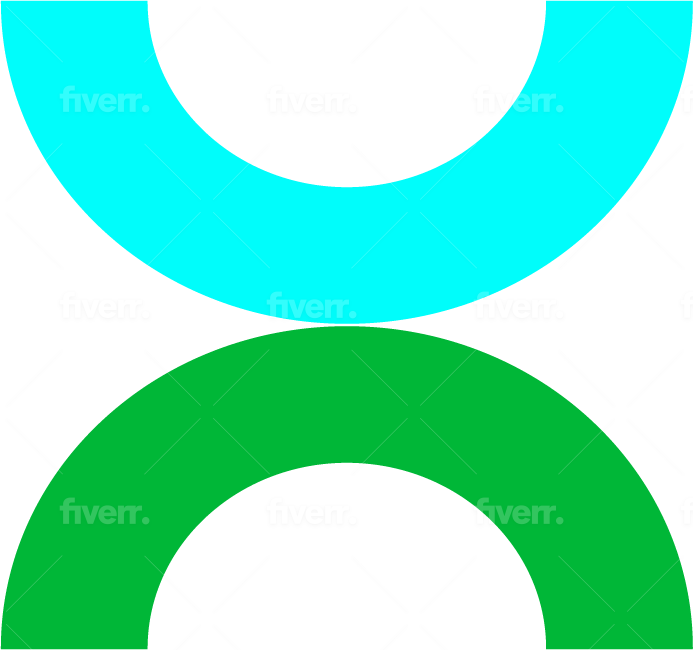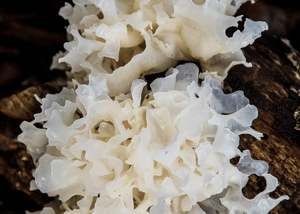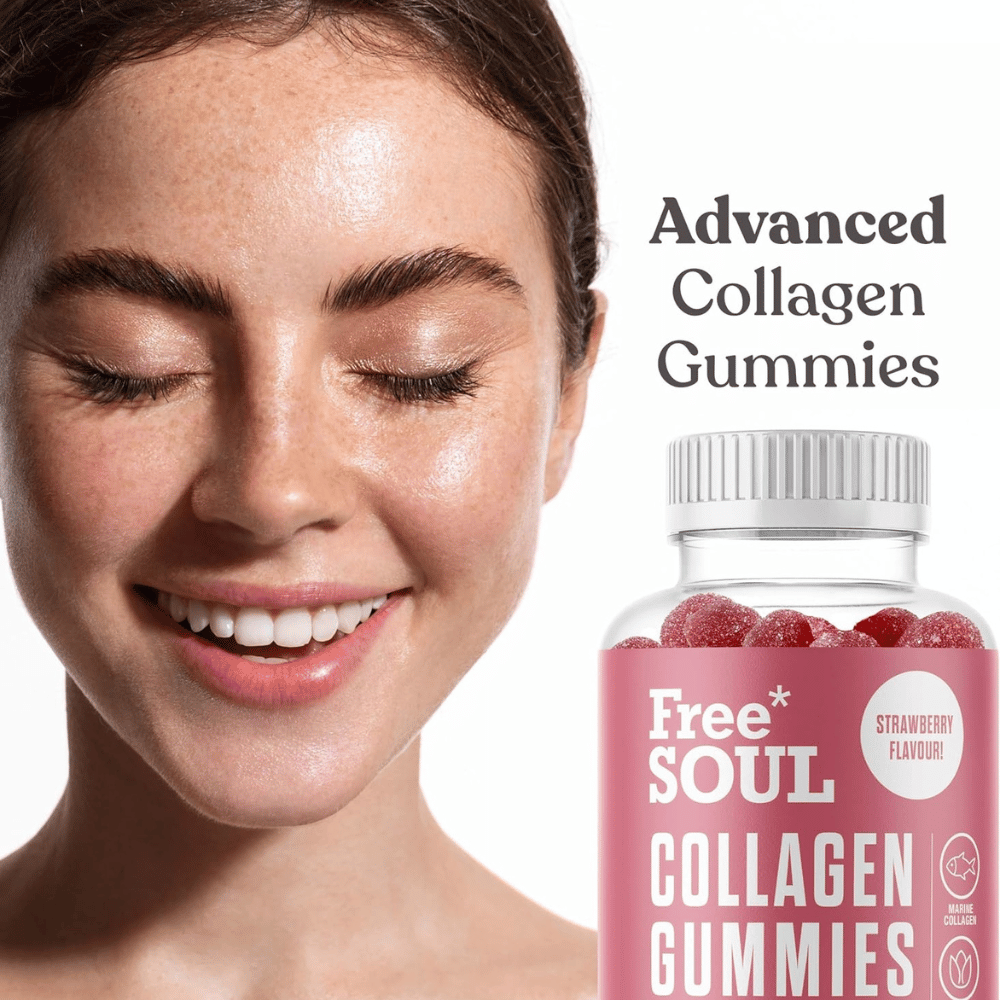As a new parent, it's normal to worry about your baby's health and well-being. Ensuring that they receive adequate nutrition is one of the most important things you can do to ensure they grow and develop properly.
That's where probiotics come in. Probiotics are live bacteria and yeasts that are good for the body, particularly the digestive system. When given to babies, they can help promote healthy gut bacteria, prevent infections, and even boost immunity. But how do you know if your baby needs probiotics? Read on to learn more.
Does your baby suffer from digestive issues?
One of the most common reasons parents seek out probiotics for their babies is to help with digestive issues. If your baby suffers from colic, constipation, diarrhoea, or other stomach upset, probiotics may be able to help.
Studies have shown that probiotics can help regulate bowel movements and reduce inflammation in the gut, leading to improved digestive health.
Has your baby recently been on antibiotics?
While antibiotics can be a lifesaver when it comes to treating infections, they can also disrupt the natural balance of bacteria in the gut. This can lead to unpleasant side effects like diarrhoea and yeast infections.
Probiotics can help restore the balance of good bacteria in the gut after a round of antibiotics, minimising the risk of these side effects.
Is your baby premature or has a weak immune system?
Babies born prematurely or with a weakened immune system may also benefit from probiotics. Premature babies often have an underdeveloped gut, which can lead to a variety of health issues.
Studies have shown that probiotics can help improve gut health in preemies, leading to improved growth and development. Similarly, babies with weakened immune systems may be more prone to infections.
Probiotics have been shown to boost immunity, helping to prevent infections and keep your baby healthy.
Does your baby have a family history of allergies or eczema?
If you or your partner have a family history of allergies or eczema, your baby may be more prone to these conditions as well. Probiotics have been shown to help reduce the risk of allergies and eczema in babies, particularly in those who are at higher risk due to family history.
Is your baby exclusively breastfed?
Breast milk is a wonderful source of nutrition for babies, but it doesn't contain probiotics. Adding probiotics to your baby's diet can help promote healthy bacteria in the gut and improve digestive health.
In conclusion, there are several reasons why you may want to consider giving your baby probiotics. If your baby suffers from digestive issues, has recently been on antibiotics, is premature, has a weakened immune system, has a family history of allergies or eczema, or is exclusively breastfed, probiotics may be just what they need to support their overall health and well-being.
As always, it's important to talk to your paediatrician before giving your baby any supplements or changing their diet. Together, you can create a plan to support your baby's health and ensure they grow up happy and healthy.













Member discussion